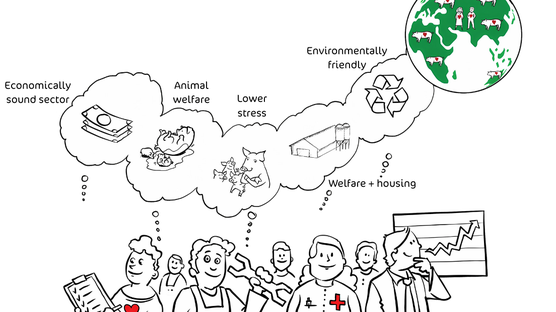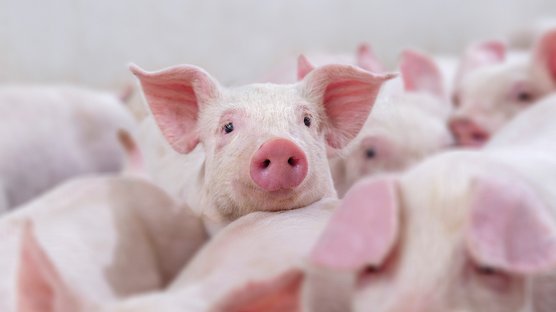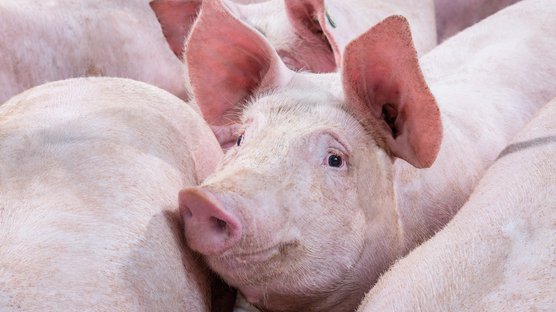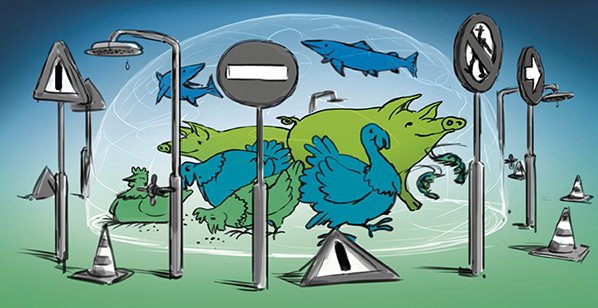
Published on May 15, 2018
Strengthening the industries health goals with better biosecurity
Since 2016 a Hendrix Genetics core team has worked on improving biosecurity around the globe. How can we face disease challenges in poultry and swine? Normally we talk about progressing genetic resistance. Today we speak of things everyone can do: upgrade biosecurity.
Taking an active role in fighting diseases
Disease threats for layers and turkeys include Avian Influenza. Swine faces the ongoing challenge of ASF and PED. During the process of developing the global standard operating procedures, existing protocols were compared globally. With centralized protocols developed for each species, it is easier to ensure the best standards. It helps improve the commitment and enthusiasm of staff and trainees. While they can be compared across a range of different types of operations. Benchmarking progress makes it more real. It helps the entire animal protein value chain to a healthier and safer environment for people and animals.
Farming practices
Battling diseases is tricky. Germs change and evolve. Therefore going into the future, our facilities need to be 100% compliant with the biosecurity program we are installing. It needs to be incorporated in the design of the facilities, with the staff fully aware of all standard operating procedures.
Are you interested in what you can do? Our experts can share theirs to set up yours.
The team
We talked to Bart Stokvis, Project Owner of the biosecurity program for Layers. Wouter Deley, Project Owner of Swine. And Simon Mouchel, Project Leader of Turkeys. The team focussed on the progress made in implementation of the program, the challenges faced and possible biosecurity developments in the future.
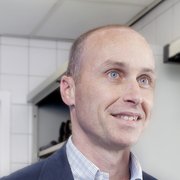
Biosecurity concerns used to be considered at the end of facility planning projects, which was not the best way to integrate protocols. Now, I get involved from the start, which demonstrates the commitment of our management to biosecurity and means that they can make the best investment for the long-term.
Tackling differences across practices
Farming practices vary for different species. In pig farming, prevention of disease is our only option. If there is an outbreak, we are no longer allowed to vaccinate. Also it is not allowed to eradicate the farm anymore. The health status of a farm that harbors disease is diminished. High health status of flocks should be a given for our customers. In other words, the level of challenge should not affect the end product and services. Parent Stock always have the same health status. We monitor the health of the flock and try to ensure that a high level is maintained. The biosecurity program that has been implemented includes specially designed training for our staff that has been developed together with HR and our technical experts, so that we can explain to them why this is important and motivate them to comply with Standard operating procedures on a daily basis. The training program incorporates differences in national culture to ensure maximum effectiveness.

The continual and high pressure of disease drives further improvements in biosecurity. It makes our staff think about further risks and find new solutions.
Improving shared protocols
Although there are many differences in the protocols between the different species, collaborating and sharing ideas on some common areas could be useful in the future. One example of an area that could be developed simultaneously across all are the protocols that grade the cleanliness of farms.
Incorporating a range of measures
The biosecurity program for each species already includes a very wide range of measures. Some are very basic, such as to ensure hand and foot protection for staff, who work with animals. Some forms of disease are more difficult to defend against than others. Different species experience different types of disease threats.
Layers faces constant threat from avian influenza, which can be present in the surrounding environment. Training emphasizes this and ensures that the staff realizes how important compliance with the biosecurity program really is. In swine measures in the transport of animals are focussed upon. For transportation of pigs, we would invest in better cleaning procedures for trucks. In which they are heated to 60°- 65° to kill pathogens. Currently, disinfection and two days pig-free time is the protocol to ensure that the trucks are pathogen-free. This represents a huge cost. With heat-cleaning, the trucks could be in continual use.
Future challenges
Following implementation of the program and auditing, the biosecurity program will be fine-tuned to improve it further. Controlling disease is likely to become even more challenging.
In addition, changes in the animal health landscape, such as growing regulation on the use of antibiotics, the influence of consumer-driven market developments on biosecurity, such as the demand for free-range poultry and pigs, which can improve animal welfare, but has an impact on biosecurity.
In Turkeys, innovations from the chemical industry could help find a more eco-friendly detergent that is even more effective against fighting pathogens. This would be better and healthier for our staff working in the farms and our animals.
With free-range farming becoming more popular, commercial stock in the vicinity of our farms creates a new issue for inclusion in the biosecurity program.

Collaboration with free-range producers is highly needed to develop a way to integrate free-range activities in the area. Effective disease control and helping our customers find ways to achieve this is our goal.
As an important part of our company’s continual development, the biosecurity program will be implemented across all species and all different facilities. Regularly audited and fine-tuned to contribute to improve our biosecurity and that of our customers. The Hendrix Genetics standards operating procedures that are developed are already higher than national requirements in each country.

